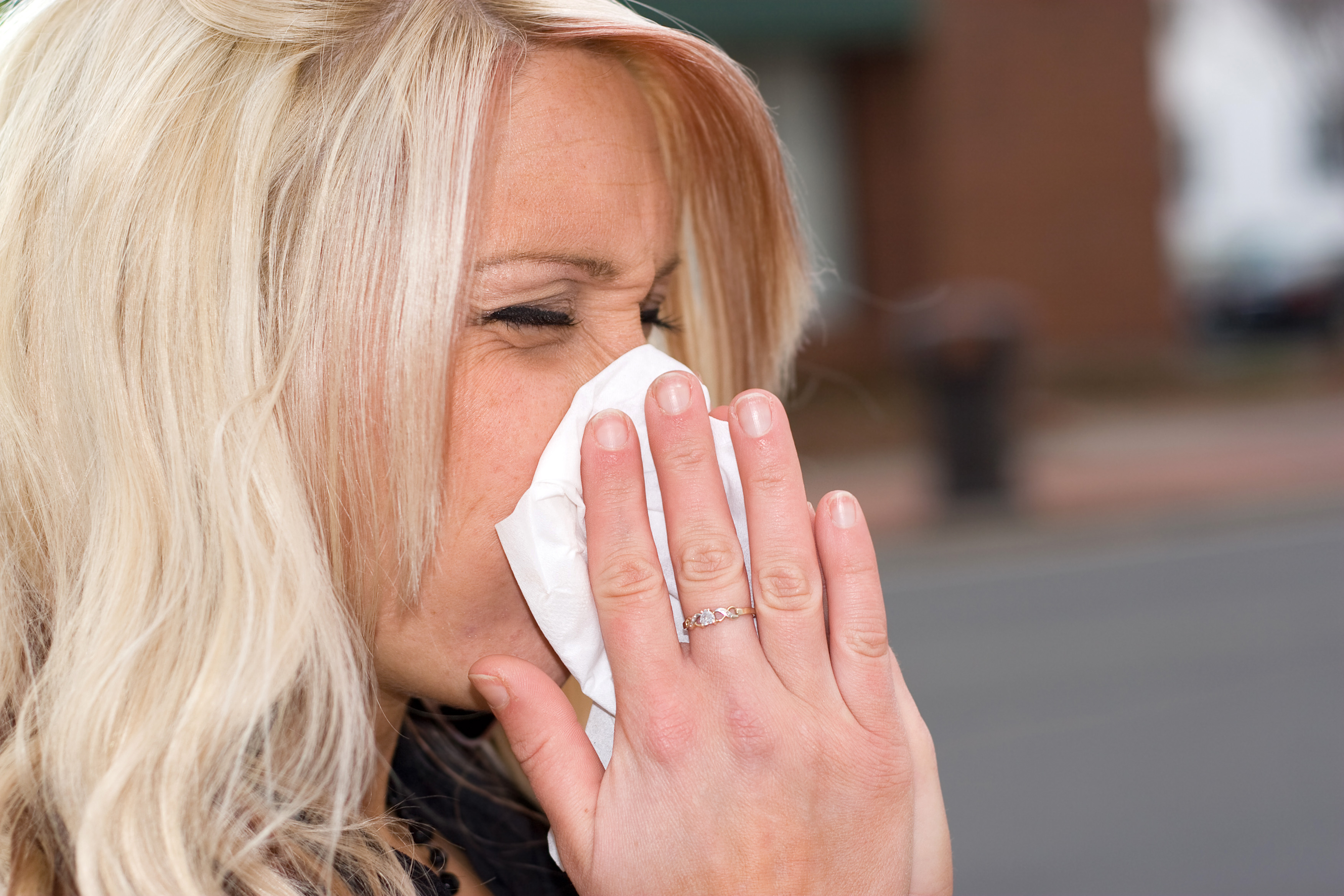Have you ever pondered over your wine glass, considering how much you’ve been drinking socially lately? Social drinking is a popular way for many of us to bond, unwind, or celebrate, but there’s a blurred boundary between occasional sips and overindulgence. While enjoying a drink with friends can be harmless, it becomes concerning when social drinking is taking a toll on you. But when does alcohol start to be a problem? Dive into this post to unveil the signs and understand the impact on your well-being.
Why Understanding the Impact of Social Drinking is Important
Social drinking is often seen as a harmless pastime most indulge in. However, the very nature of alcohol, a toxin, means it interacts with our bodies in numerous ways. It’s not just about the liver; the entire system gets affected, from our brain to our metabolism. An extended spree can even necessitate an alcohol detox process, which isn’t a walk in the park. This process can have side effects such as nausea, headaches, anxiety, and more.
-
Navigating Societal Norms and Pressures
In many cultures, social drinking is not just accepted. It’s expected. This societal norm can mask the severity or frequency of consumption. Under the guise of ‘fitting in’ or ‘just another toast,’ many overlook when their intake exceeds the recommended limit.
In truth, research from the Bright Futures Treatment Center reveals a startling trend. Many individuals entering their program didn’t initially recognize their drinking habits as problematic due to their social nature. The normalization of frequent drinking events and the absence of immediate repercussions led them to underestimate the long-term impact.
-
The Thin Line of Overindulgence
Over time, what starts as a drink to lighten the mood can transform into a crutch or an escape. Recognizing this shift is vital. Without keen self-awareness, it’s easy to slide from social drinking into a zone where alcohol controls more aspects of one’s life than one might admit.
Visible Signs: Social Drinking Is Taking a Toll on Your Appearance
It’s often said that our exterior mirrors our interior health. As you pour another social drink, you might be unaware of the subtle yet definitive changes in your appearance. Let’s shed light on the most common visible signs indicating that your social drinking might be taking a toll on your physical appearance.
-
Sudden Weight Gain or Loss
Alcohol is laden with empty calories. Combine that with the unhealthy eating habits often accompanying drinking – think late-night pizza or greasy appetizers – and you have a recipe for weight gain. On the flip side, excessive drinking might suppress appetite, leading to weight loss, which isn’t healthy either.
-
Skin Issues
The glow of youth can quickly fade with regular alcohol intake. Alcohol dehydrates the body, and the skin, our largest organ, isn’t spared. This dehydration can manifest as dry, flaky skin. Moreover, the toxin buildup might lead to breakouts, giving the skin a dull and tired appearance.
-
Bloodshot Eyes
Beyond being a telltale sign of a night of overindulgence, frequent bloodshot eyes indicate the strain alcohol puts on your body. The effects of alcohol on sleep and overall eye health can turn those sparkling eyes into weary, red ones.
Observing these visible signs and linking them to your social drinking habits can be a sobering experience. However, it also offers a chance to rethink and recalibrate, ensuring you put your best face forward, literally and metaphorically.
Emotional and Mental Indicators
While physical signs are more noticeable, the emotional and mental repercussions of frequent social drinking often remain under the surface, subtly influencing our behavior, mood, and thought processes. Let’s delve into the psychological markers suggesting social drinking might be more than a passing fancy.
-
Increased Irritability
It’s not uncommon for regular drinkers to experience mood fluctuations. Alcohol can interfere with neurotransmitters in the brain, affecting our emotional responses. If you find yourself snapping at trivial issues or feeling increasingly agitated, it’s worth reconsidering that extra glass of wine.
-
Feelings of Guilt
Waking up with memories of the previous night’s escapades can sometimes bring on feelings of remorse or guilt. If such feelings become recurrent, it indicates a growing internal conflict regarding your drinking habits, one that you should not ignore.
-
Memory Lapses
One of the more troubling signs is forgetting chunks of time from a night out. Occasional blackouts or foggy memories are clear indicators that alcohol is affecting brain function. While you might laugh it off as “one of those nights,” repeated incidents signal a deeper concern.
Changes in Social Behavior
Our interactions, choices of gatherings, and even how we present ourselves at social events can silently broadcast our relationship with alcohol. Observing shifts in social behavior is crucial, as it can spotlight when enjoyment turns into dependence. Identifying these changes can help one start the treatment on time, especially if considering alcohol rehab.
-
Avoiding Non-Drinking Events
Suppose you find yourself selectively attending only those gatherings where alcohol is readily available. In that case, it’s a sign that the drink might be playing a bigger role in your life than you realize. Choosing events based on the presence of alcohol is a significant behavioral shift.
-
Feeling Out of Place Without a Drink
When at a party, do you feel restless or incomplete without a drink in your hand? Relying on alcohol as a social prop or feeling anxious without it indicates a budding reliance on its effects to navigate social situations.
-
Decreased Interest in Hobbies
It’s a red flag when weekend hikes, book clubs, or art classes take a backseat to pub nights or wine tastings. If alcohol-centric activities start to overshadow passions and hobbies, it’s time for introspection.
Physical and Health Red Flags
Our bodies have a remarkable way of signaling distress, often before we mentally acknowledge it. Regarding alcohol, these signals can range from subtle nudges to glaring alerts. Attention to these physical and health indicators is paramount, as they directly reflect how social drinking might affect one’s overall well-being.
-
Frequent Hangovers
The morning-after headache, nausea, and fatigue are all too familiar for many. But when these hangovers become a frequent guest, it’s not just about overdoing it the night before. It points to the body struggling to cope with consistent alcohol intake and its toxic effects.
-
Sleep Disturbances
Alcohol might make you tired, but it doesn’t promise quality sleep. Regular drinkers often experience disturbances like waking up frequently or struggling to fall asleep. Over time, this disrupted sleep pattern can lead to chronic fatigue and even mood disorders.
-
Immunity Drops
If you catch colds more often or feel rundown without any explicit reason, alcohol might be the silent culprit. Alcohol impairs the immune system, making one more susceptible to infections and prolonging recovery.
Conclusion
Recognizing how alcohol can impact us is essential for maintaining a balanced, healthy life. Whether it’s subtle changes in appearance, emotional shifts, social behavior modifications, or physical health warnings, these indicators serve as compass points guiding us to evaluate our relationship with alcohol. If you find that social drinking is taking a toll on you, remember: it’s never too late to reconsider your habits, seek guidance, and prioritize your well-being.




